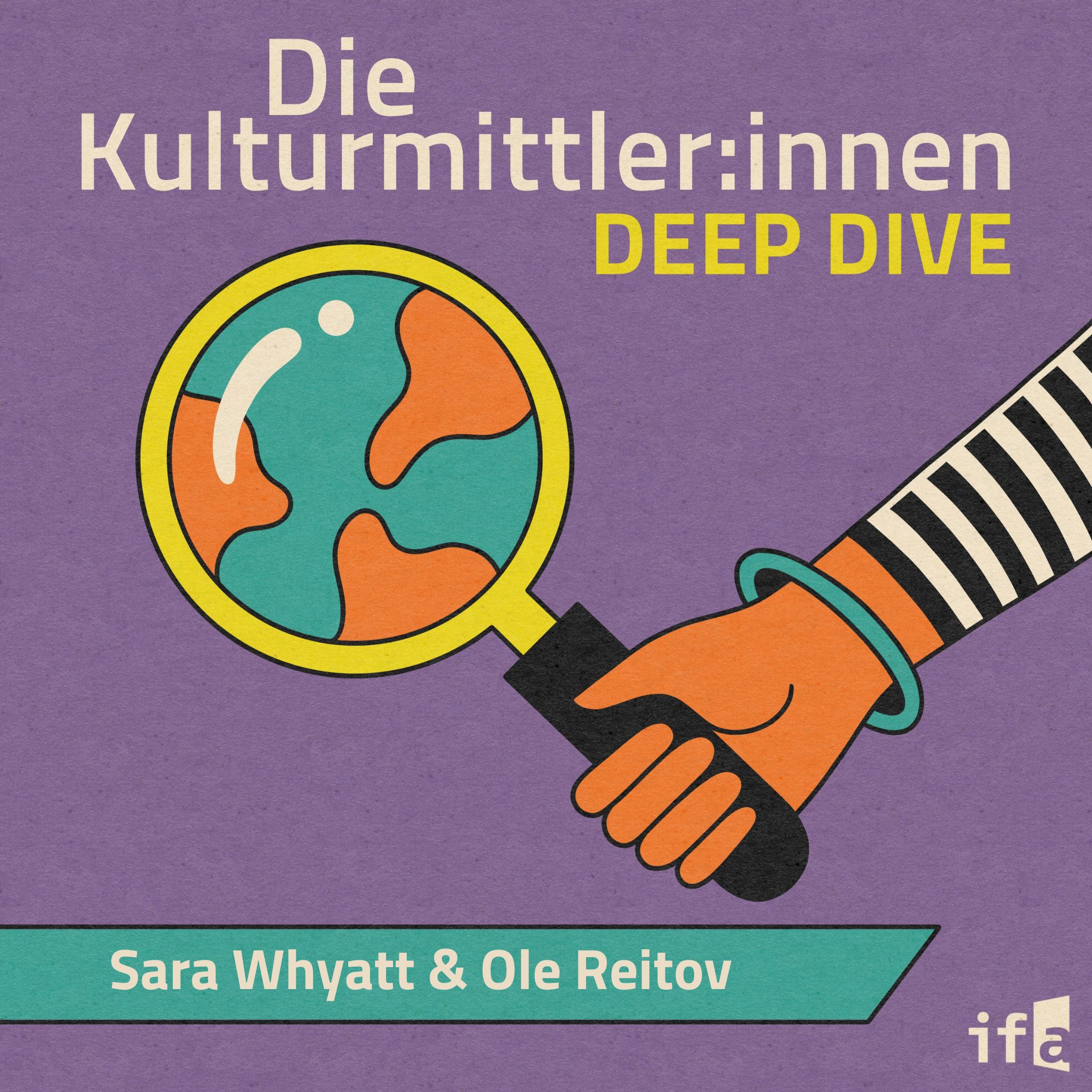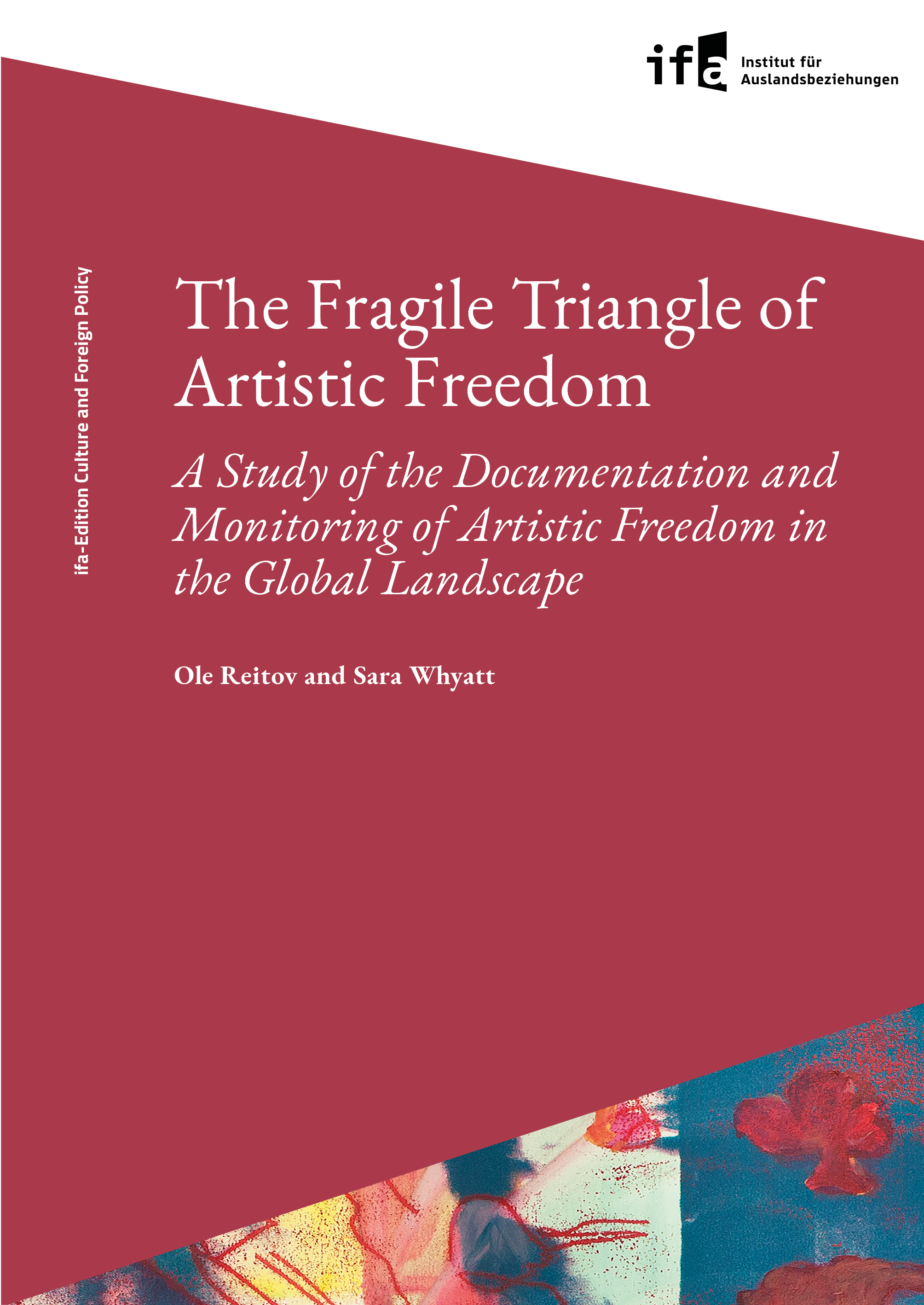Stuttgart/Berlin, 23 May 2024 – A new study by ifa – Institut für Auslandsbeziehungen addresses the current challenges facing artistic freedom across the globe. The right to freedom of expression is guaranteed by international conventions.
However, many countries continue to violate these fundamental human rights principles, and in promoting their own ideologies, an increasing number of interest groups are infringing on artistic freedoms.
The Fragile Triangle of Artistic Freedom: A Study of the Documentation and Monitoring of Artistic Freedom in the Global Landscape by Sara Whyatt and Ole Reitov aims to facilitate understanding of this issue to decision-makers, donors, civil society organisations and the public.
Although there is a growing awareness in the international fora of the importance of protecting artistic freedom and holding those accountable who censor and threaten artists and forms of artistic expression, violations and examples of censorship go largely under-reported. Very few civil society organisations actively monitor and document these kinds of violations, in part because many organisations are understaffed and affected by insecure funding.
Unlike media protection organisations, which receive verified documentation of attacks on media professionals from unions and individuals worldwide, organisations documenting artistic freedom violations rarely receive substantiative information from entities representing artists. Instances of self-censorship by artists, curators, librarians, galleries, film producers and other cultural practitioners also often go completely unrecorded.
Together with partners, ifa – Institut für Auslandsbeziehungen champions freedom in art, research and civil society worldwide, bringing together people who are committed to an open society. It creates analogue and digital spaces for encounter, exchange, negotiation and co-creation. ifa lends a voice to activists, artists, scholars and scientists, promotes cooperation and increasingly pursues its goals jointly with European partners. Using its core competencies in art, research and civil society, ifa builds networks to achieve sustainable results. It is supported by the Germany’s Federal Foreign Office, the state of Baden-Württemberg and its capital Stuttgart. www.ifa.de/en
Press Contact
ifa – Institut für Auslandsbeziehungen
presse(at)ifa.de
Miriam Kahrmann: +49 151 2645 5509
Theresa Brüheim: +49 162 1001121



